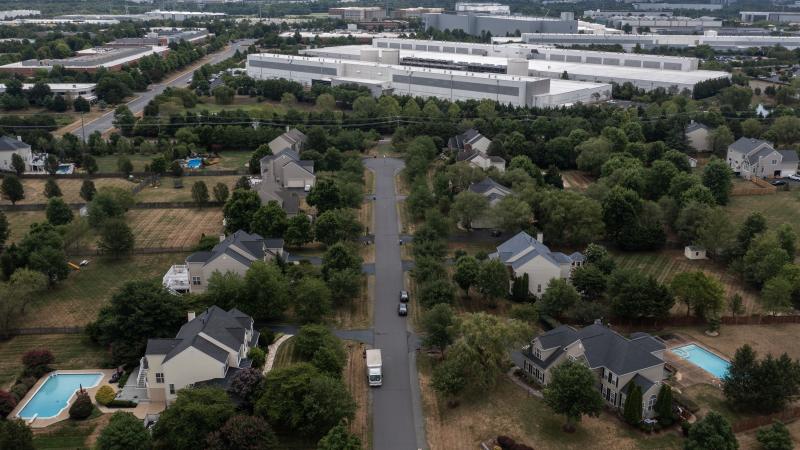Texas judge delays scheduled execution of man convicted in shaken baby syndrome case
Roberson was scheduled to be executed on Thursday night, after the Texas Board of Pardons and Paroles on Wednesday denied a request for clemency in his case.
A Texas judge on Thursday granted a temporary restraining order for Robert Roberson, who was convicted of killing his two-year-old daughter by violently shaking her, which will delay his scheduled execution.
Roberson was scheduled to be executed via a lethal injection on Thursday night, after the Texas Board of Pardons and Paroles on Wednesday denied a request for clemency in his case.
Texas lawmakers issued a subpoena for Roberson on Wednesday night, in a last minute effort to delay the execution. More than 80 state lawmakers in both parties signed the subpoena, claiming his testimony in front of the House Criminal Justice Committee was "vitally important," CBS News reported.
"This is an extraordinary remedy," Republican state Rep. Jeff Leach of Plano said during arguments Thursday. "But it is not undue."
Roberson's attorneys are calling for a new trial for their client, pointing to reports that "shaken baby syndrome" has been widely discredited by healthcare experts. Roberson was convicted in 2003, after doctors claimed his daughter died from subdural bleeding, brain swelling, and retinal hemorrhages. The three symptoms together at the time pointed to "shaken baby syndrome," which is caused by child abuse, per The Hill.
The man has maintained his innocence, and his attorneys have argued that instead of "shaken baby syndrome," Roberson's daughter died from pneumonia that turned into sepsis, and that she fell from her bed and suffered head trauma.
“Robert did not harm Nikki in any way,” Roberson’s attorneys wrote in an appeal to the U.S. Supreme Court on Wednesday. “There was no crime—only the tragic natural death of a little girl.”
The Supreme Court denied the emergency appeal to halt the execution on Thursday, ruling that it cannot act without a "colorable federal claim." But Supreme Court Justice Sonia Sotomayor explained in a separate opinion that Texas Gov. Greg Abbott could still halt the execution for 30 days.
"An executive reprieve of thirty days would provide the Texas Board of Pardons and Paroles with an opportunity to reconsider the evidence of Roberson's actual innocence," Sotomayor wrote. "That could prevent a miscarriage of justice from occurring: executing a man who has raised credible evidence of actual innocence."
Abbott cannot grant clemecy to Roberson without a referral from the Texas Board of Pardons and Paroles.
If Roberson is still eventually executed because of his conviction, he would be the first person ever executed over a "shaken baby syndrome" diagnosis.
Misty Severi is an evening news reporter for Just The News. You can follow her on X for more coverage.













